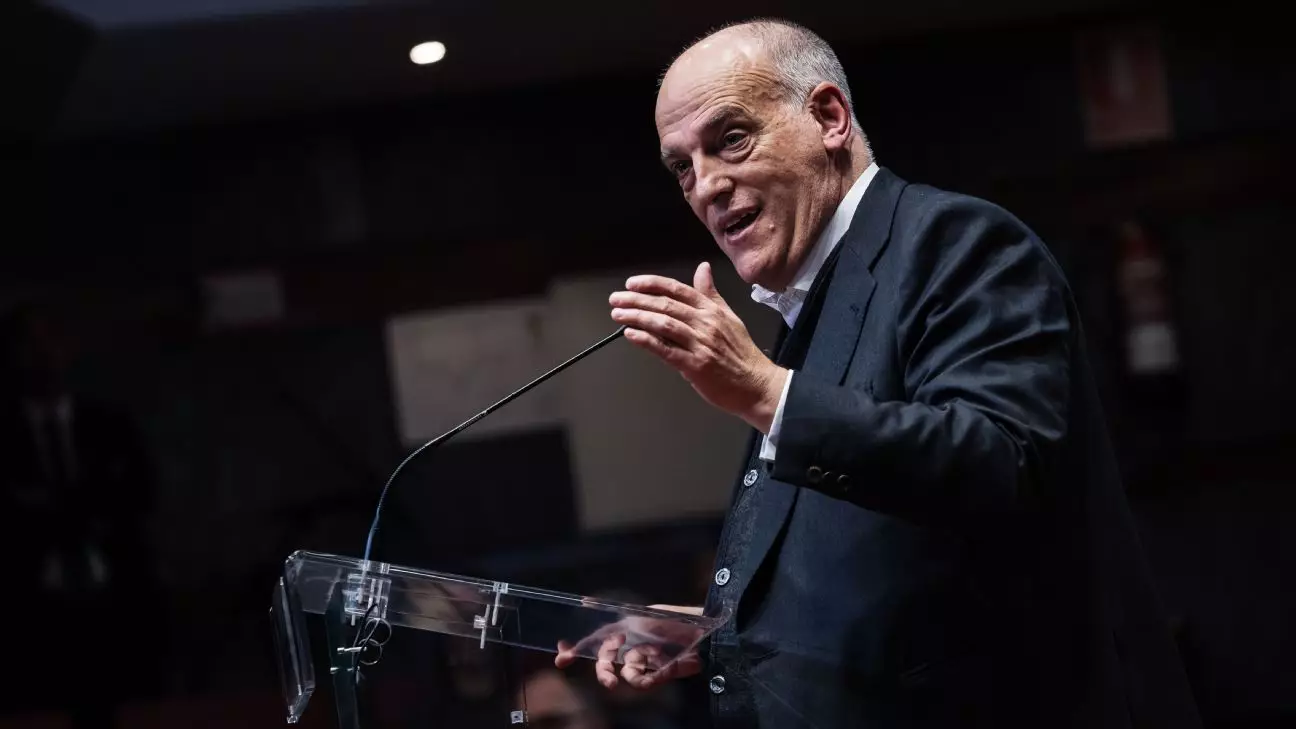Recent developments in the world of football have highlighted a significant rift between key stakeholders and FIFA regarding the upcoming 2025 FIFA Club World Cup. Javier Tebas, the president of LaLiga, has voiced strong objections, urging FIFA president Gianni Infantino to reconsider the tournament’s viability. Tebas claims that both professional leagues and the FIFPRO Players’ Union stand against this expanded format of the Club World Cup, suggesting that it raises substantial concerns about the already congested football calendar.
The inaugural Club World Cup is set to take place from June 15 to July 13, 2025, in the United States—a time frame that many believe will exacerbate the strain on players and clubs alike. With the expansion of other competitions, Tebas’s remarks resonate with numerous players and coaches who have expressed frustration over the current demands of their schedules.
Tebas’s critiques extend beyond mere opposition; he raises critical questions about FIFA’s financial planning for the tournament. During a discourse at the Forum of the European Union of Clubs in Brussels, he pointed out that FIFA has reportedly fallen short in securing AV rights and sponsorships, which puts the ambitious budget at risk. Tebas articulated that FIFA might need to rely on its funds to cover any financial shortfalls rather than utilizing resources meant for developmental initiatives across global federations. This shift in funding priorities raises ethical questions regarding FIFA’s commitment to supporting football as a whole, especially if it neglects foundational developmental programs in lieu of financing a larger tournament.
The impact of a congested fixture list is becoming increasingly hard to ignore. With players like Manchester City’s Rodri raising alarms about the potential for strikes due to excessive workloads, it’s evident that player welfare is at the forefront of this debate. Last season, Rodri played a staggering 63 matches, a workload that many argue is unsustainable. As teams compete in various tournaments—both domestic and international—the introduction of the Club World Cup adds another layer of complexity and burden.
The joint complaint filed by FIFPRO and the European Leagues with the European Commission underscores this paradigm shift in how football’s governing structures must be approached. By monopolizing both regulatory and promotional aspects of the sport, FIFA may inadvertently jeopardize the integrity of domestic leagues, creating a scenario where the priorities of global tournaments overshadow local competitions.
The controversy surrounding the FIFA Club World Cup serves as a reflection of broader issues in professional football—namely, the need for improved collaboration between players, leagues, and governing bodies. The forthcoming years could prove pivotal as stakeholders address these fraught relationships. If FIFA fails to reconcile its ambitious plans with the concerns of clubs and players, it risks sowing division in a sport that thrives on cooperation and mutual respect.
The future of the 2025 FIFA Club World Cup hangs in the balance. Javier Tebas’s candid appeals for cancellation highlight the necessity for FIFA to reconsider its strategies and listen to the voices of its stakeholders. If not, the beautiful game may face an era marred by financial mismanagement and player discontent, signaling a critical juncture in the evolution of global football governance.

Leave a Reply